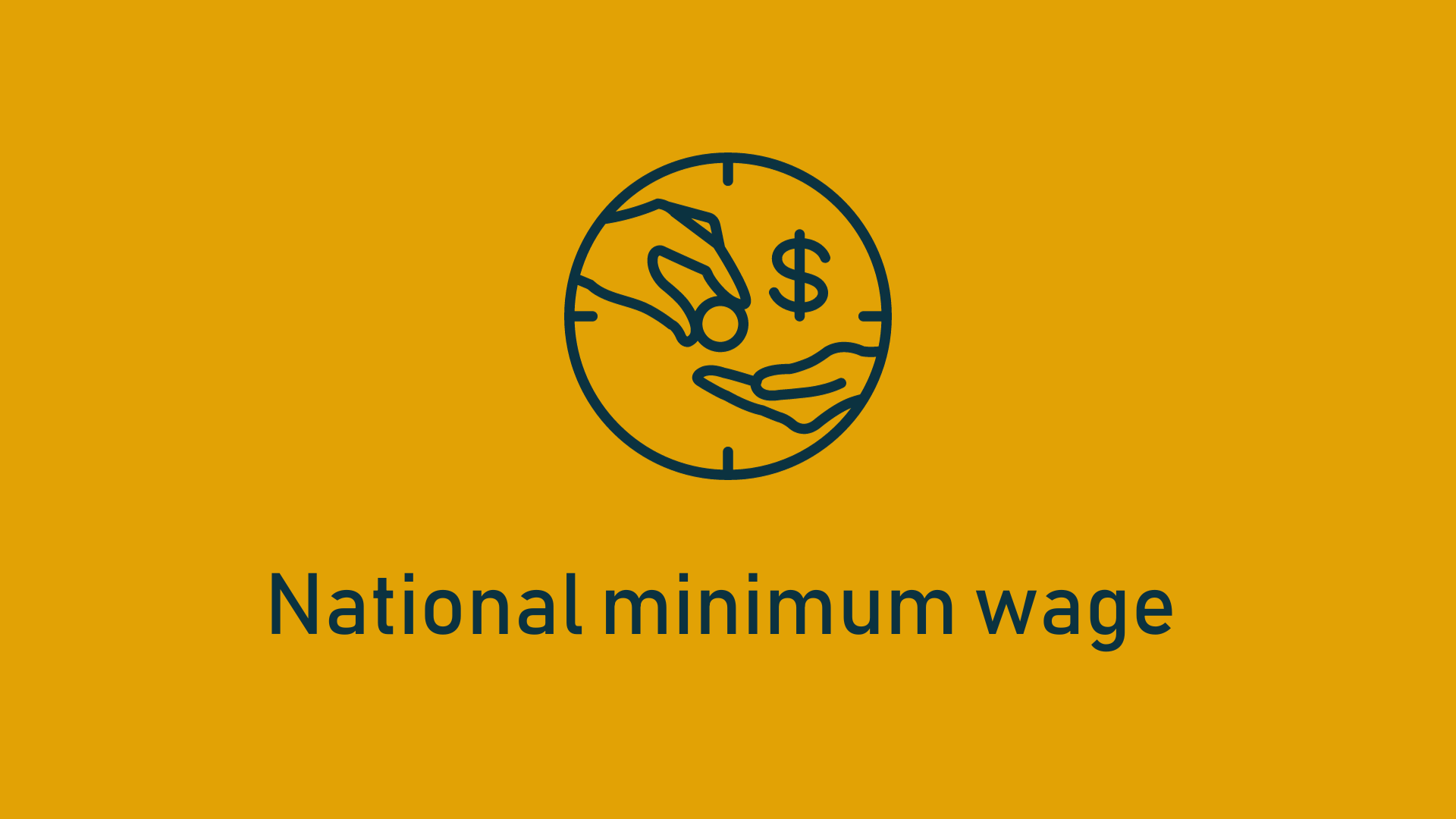The National Minimum Wage in the UK: An Essential Guide
The National Minimum Wage (NMW) represents the minimum pay per hour most workers in the UK are entitled to by law. The concept was introduced to prevent unduly low pay and to ensure a minimum standard of living for employees. As the cost of living continues to be a hot topic, understanding the NMW is more vital than ever for both employers and employees in the UK.
Understanding the National Minimum Wage
What is the National Minimum Wage?
The NMW is the minimum pay per hour almost all workers are entitled to. It was established by the National Minimum Wage Act 1998 and is reviewed yearly by the government, which considers the recommendations of the Low Pay Commission. There are different levels of NMW, depending on a worker’s age and whether they are an apprentice.
Current Rates of the NMW
As of April 2023, the NMW rates in the UK are as follows:
- 23 and over (National Living Wage rate): £9.50
- 21 to 22: £9.18
- 18 to 20: £6.83
- Under 18: £4.81
- Apprentice: £4.81
(Source: Gov.uk – National Minimum Wage rates)
Who is Eligible for the NMW?
Most workers over school leaving age in the UK are legally entitled to the NMW, including part-time, casual, and agency workers. There are some exceptions, including self-employed individuals, volunteers, and company directors.
The Impact of the National Minimum Wage
On Workers
The NMW provides a guaranteed minimum earning for workers, helping to reduce poverty and inequality. It also ensures a level playing field, where businesses compete fairly, and workers’ pay isn’t the competition’s main focus.
On Businesses
While some argue that the NMW can lead to increased expenses for businesses, it can also boost productivity as workers are more motivated when they receive fair pay. It also reduces staff turnover, saving on training and recruitment costs.
Compliance and Penalties
Employers who fail to pay the NMW may face severe penalties, including fines up to 200% of the arrears, public naming and shaming, and even criminal prosecution for the most serious offenses.
The Future of the NMW
The UK government aims to increase the National Living Wage to reach two-thirds of median earnings by 2024, assuming economic conditions allow. This could see a significant increase in pay for those aged 23 and over in the next few years.
FAQs
What’s the difference between the National Minimum Wage and the National Living Wage?
The National Living Wage is higher than the National Minimum Wage – workers get it if they’re over 23. It’s £9.50, compared to £9.18 for those aged 21 to 22.
How are NMW rates determined?
The government reviews the NMW rates annually, taking advice from the Low Pay Commission, which considers a range of factors, including the cost of living, median earnings, and the overall economic environment.
What should I do if I’m not being paid the NMW?
You should initially raise the issue with your employer. If this does not resolve the issue, you can make a complaint to HMRC who will investigate your case.
Can tips be included in NMW payments?
No, employers cannot count tips, gratuities, or service charges to make up the NMW.
Are interns entitled to the NMW?
It depends on the nature of the internship. If you’re classed as a worker, then you should be paid at least the NMW. If you’re only shadowing an employee and don’t have regular tasks, you might not be entitled to it.
Conclusion
The National Minimum Wage is a cornerstone of modern UK employment law, safeguarding workers from unfairly low pay. Its regular review ensures that it remains relevant and fair, considering the changing economic landscape. As the UK continues to evolve its policies to better the living standards of its workforce, the NMW will undoubtedly play a key role in shaping the country’s employment practices.








